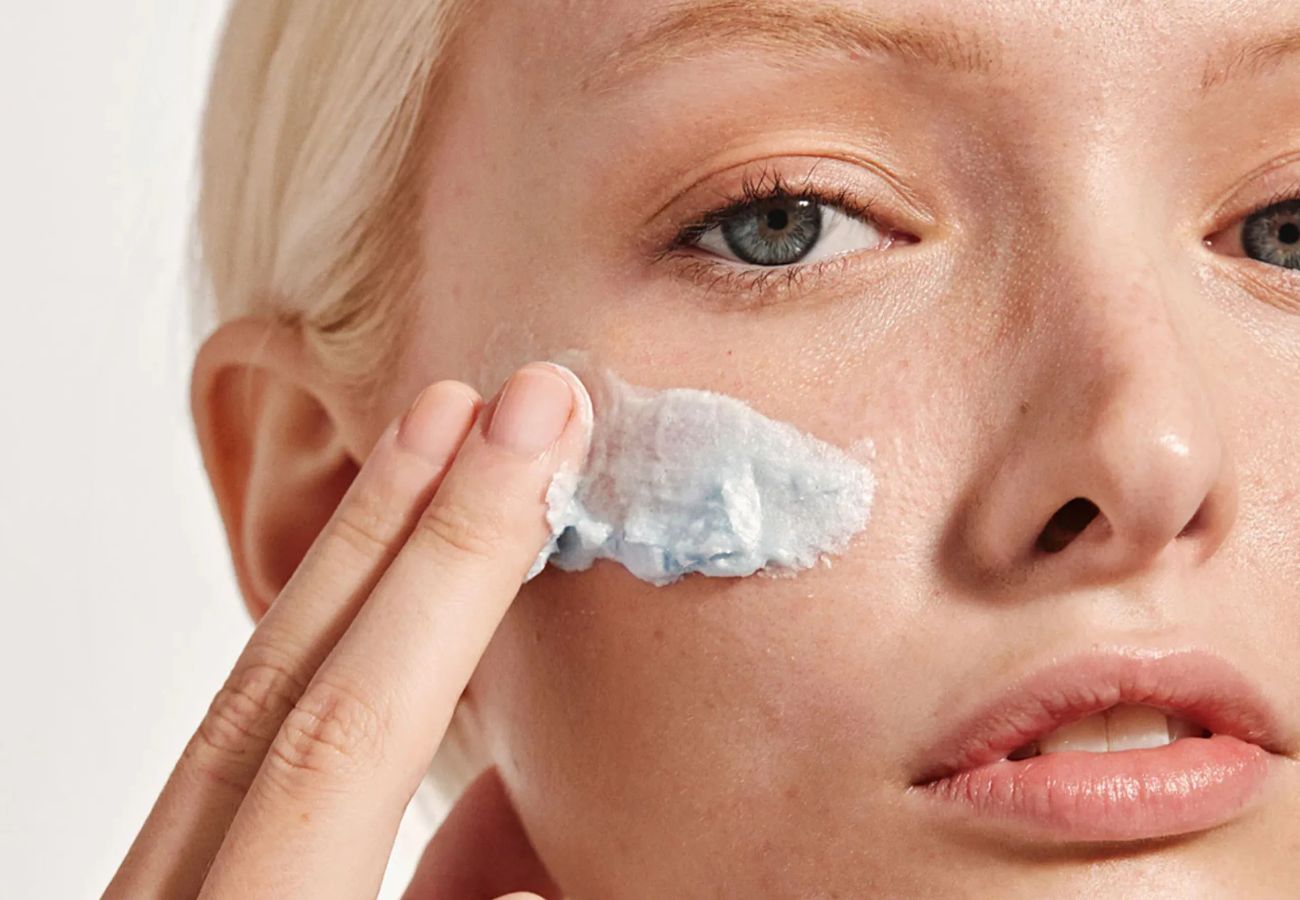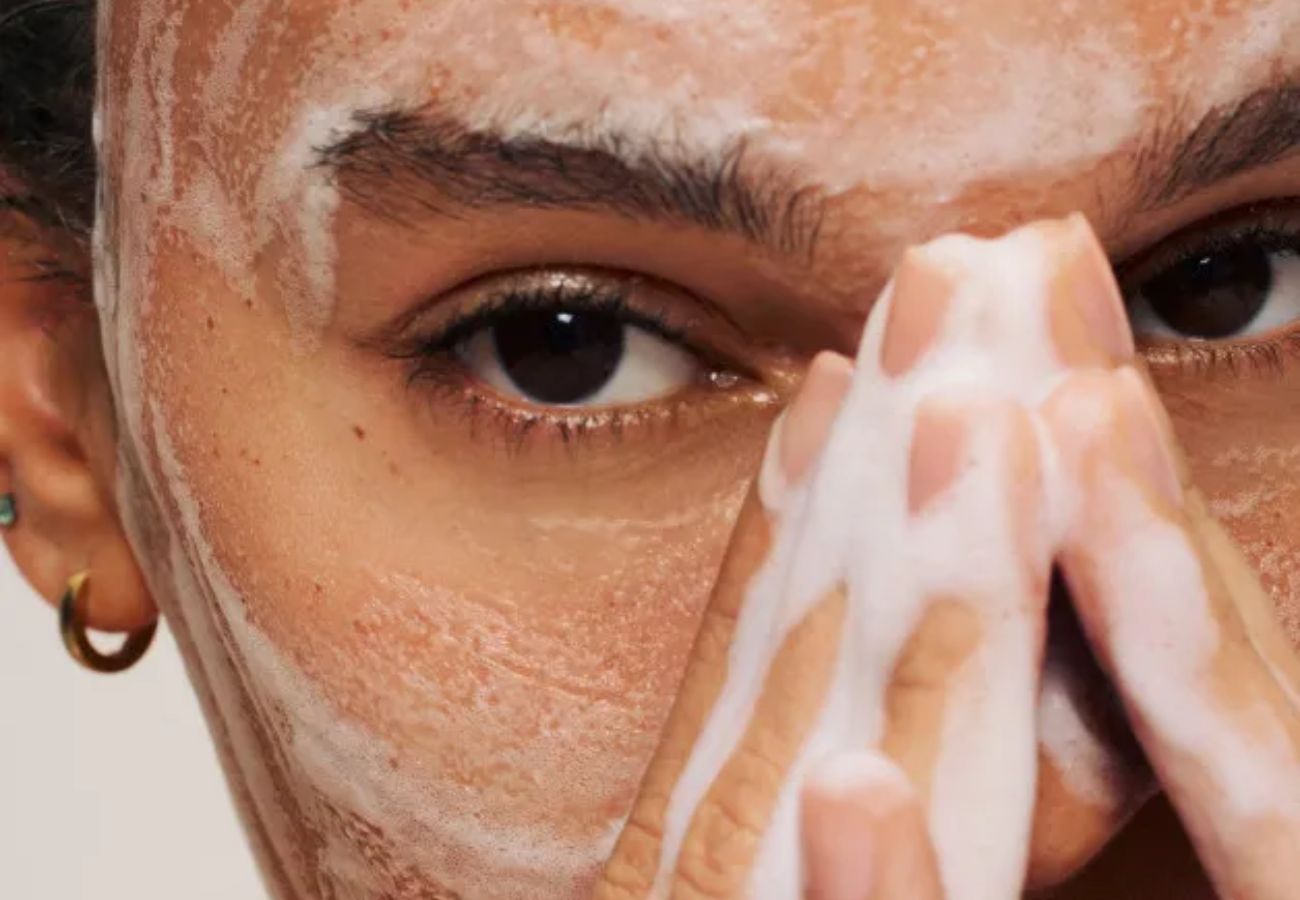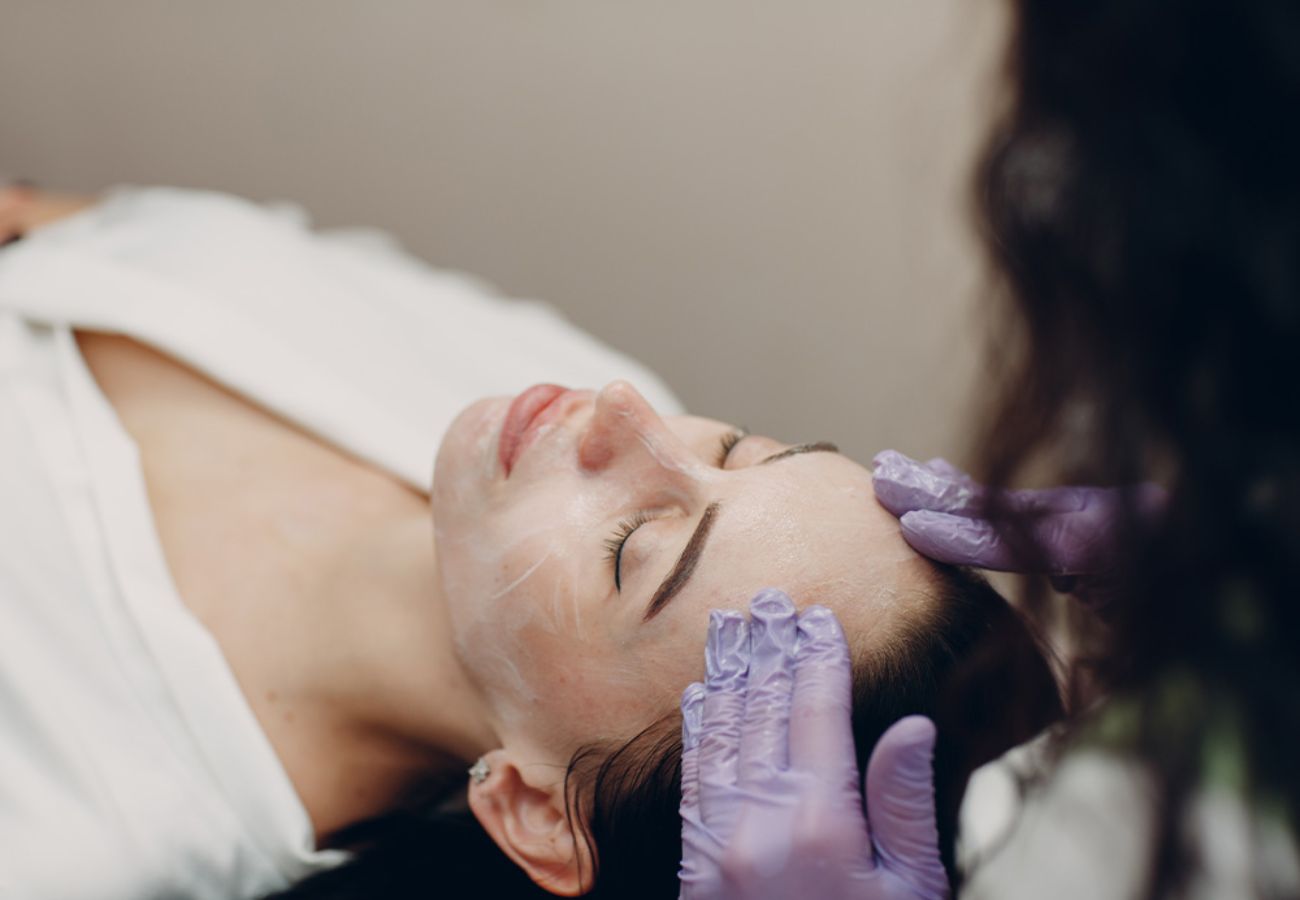
The Skincare Products You Need To Toss Right Now
The influx of new skincare products and formulations may lead us to believe that adding more ingredients to our routine is beneficial. However, in most cases, this is not true.
Dermatologists often advise returning to the basics: cleanser, moisturizer, and sunscreen. While you may incorporate a few additional ingredients based on your specific needs, the misconception that more products equate to better skin is unfounded. In fact, some products can be more harmful than beneficial, making it essential to eliminate them from your skincare regimen. Here is a list of products that dermatologists recommend discarding immediately.
1 || Oxidized Actives
Unless your vitamin C or retinol is stored in a dark, fully opaque, and airtight container after opening, you’d better discard it, as there will be little value left. The air oxidizes the actives, rendering them somewhat useless.
2 || Neosporin
With the key ingredient neomycin, this remedy may do you more harm than good. It may cause severe skin reactions and allergies that no one wants to experience.
3 || Harsh Cleansers
If your skin feels tight after cleansing, it could be due to the drying or harsh ingredients in your cleanser, such as sodium lauryl sulfate or sodium laureth ether sulfate. These components have the potential to disturb the skin’s natural balance, resulting in dryness and dullness.
4 || Vitamin E
If you have scars, it’s advisable to steer clear of products containing vitamin E, as they have the potential to trigger contact allergies and skin reactions, potentially exacerbating the condition of your scars.
5 || Alcohol
If you have a list of items you need to discard, start with those containing alcohol. Alcohol is highly drying and can be irritating to the skin. Products incorporating this ingredient may contribute to a lackluster and dry complexion, so it’s advisable to carefully check your ingredient list.
6 || Pure Coconut Oil
While coconut oil is often seen as an essential component in personal and skincare routines, not everyone fully understands its potential effects. Although its moisturizing properties may be enticing, it’s crucial to recognize that these benefits are only temporary. Coconut oil is comedogenic, which means it has the tendency to clog pores. This makes it a less ideal choice, especially for those with acne-prone skin.
7 || Harsh Exfoliators
Do your skin a favor by refraining from the excessive use of rough exfoliators, scrubs, or harsh cleansing devices. These products have the potential to disrupt your skin barrier, resulting in dehydrated and inflamed skin, and in some cases, exacerbating acne. Maintaining a healthy skin barrier is crucial as it plays a key role in preserving healthy tissues, as well as controlling infection and inflammation.
8 || Cleansing Oils
Well, understanding that cleansing oils can worsen acne should be enough motivation to prompt action. If you still wish to thoroughly clean your face, consider using a gentle milk cleanser to dissolve makeup first, and then follow up with a foaming or clarifying cleanser to remove any remaining oil or impurities.
9 || Pore Stripes
These are often overrated, and typically, they won’t be effective because clogged pores usually extend deeper into the skin than we realize. The most effective way to unclog pores is through a medical facial involving steam and extractions or a hydrafusion facial with suction.
10 || Last Season’s Sunscreen
For optimal effectiveness, dermatologists advise investing in a new sunscreen every season, even if your current one has not yet expired. The fact that sunscreens are exposed to high temperatures and moisture can alter their consistency and composition.
11 || Cellulite Creams
We want these to work as much as you do, but they don’t. Not only that cellulite and stretch mark creams can cause skin inflammation. Instead of spending your money on something that won’t work, we recommend trying an in-office procedure like Cellfina to reduce the appearance of cellulite.
12 || Gel-Based Products
Yes, if you have oily or acne-prone skin, you may find satisfaction with your gel-based products. However, this is not the case for individuals with dry skin. Gel-based products, bar soaps, strong scrubs, higher-percentage retinol, and AHA/BHA products are too drying for this skin type and will make your skin more dehydrated.






